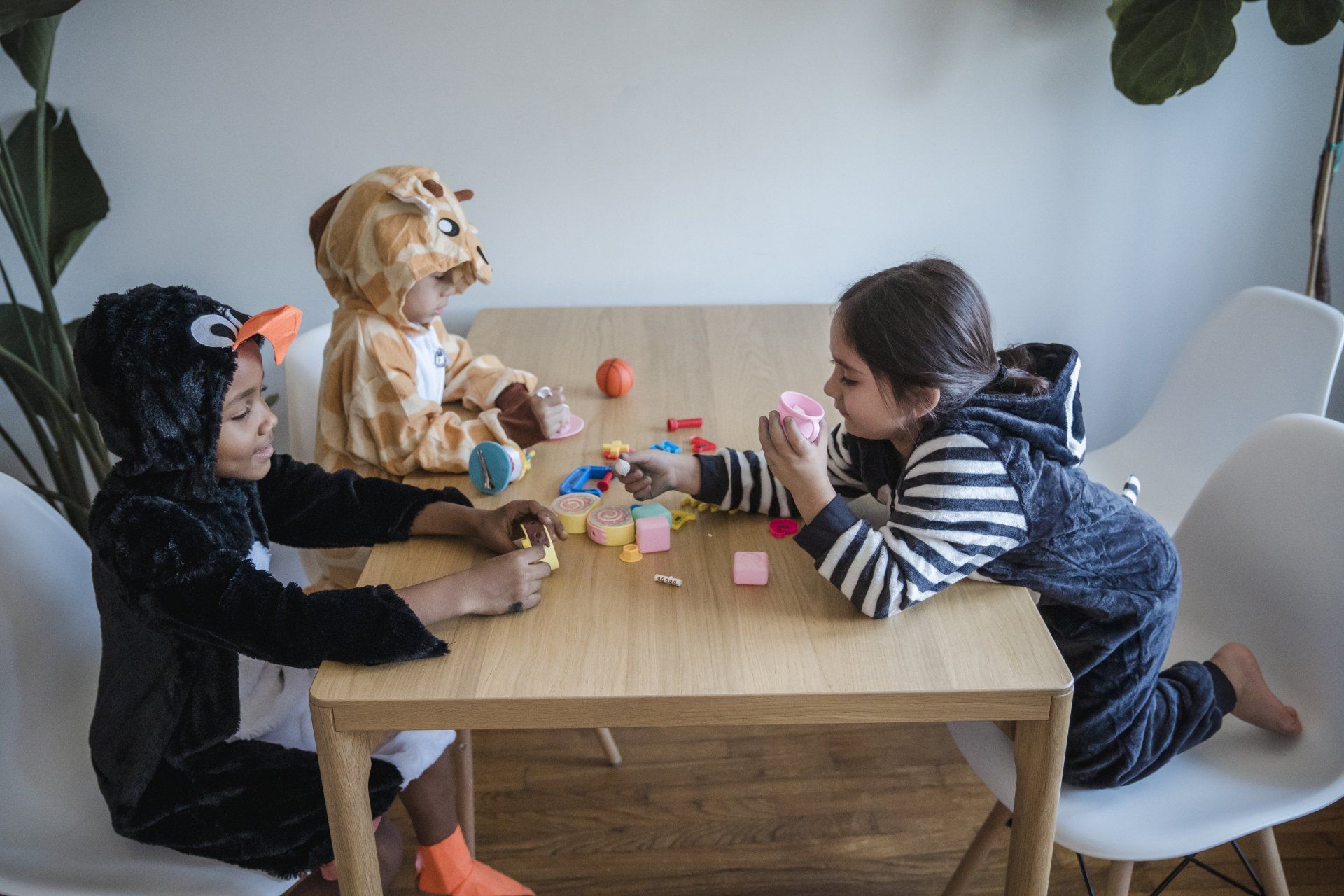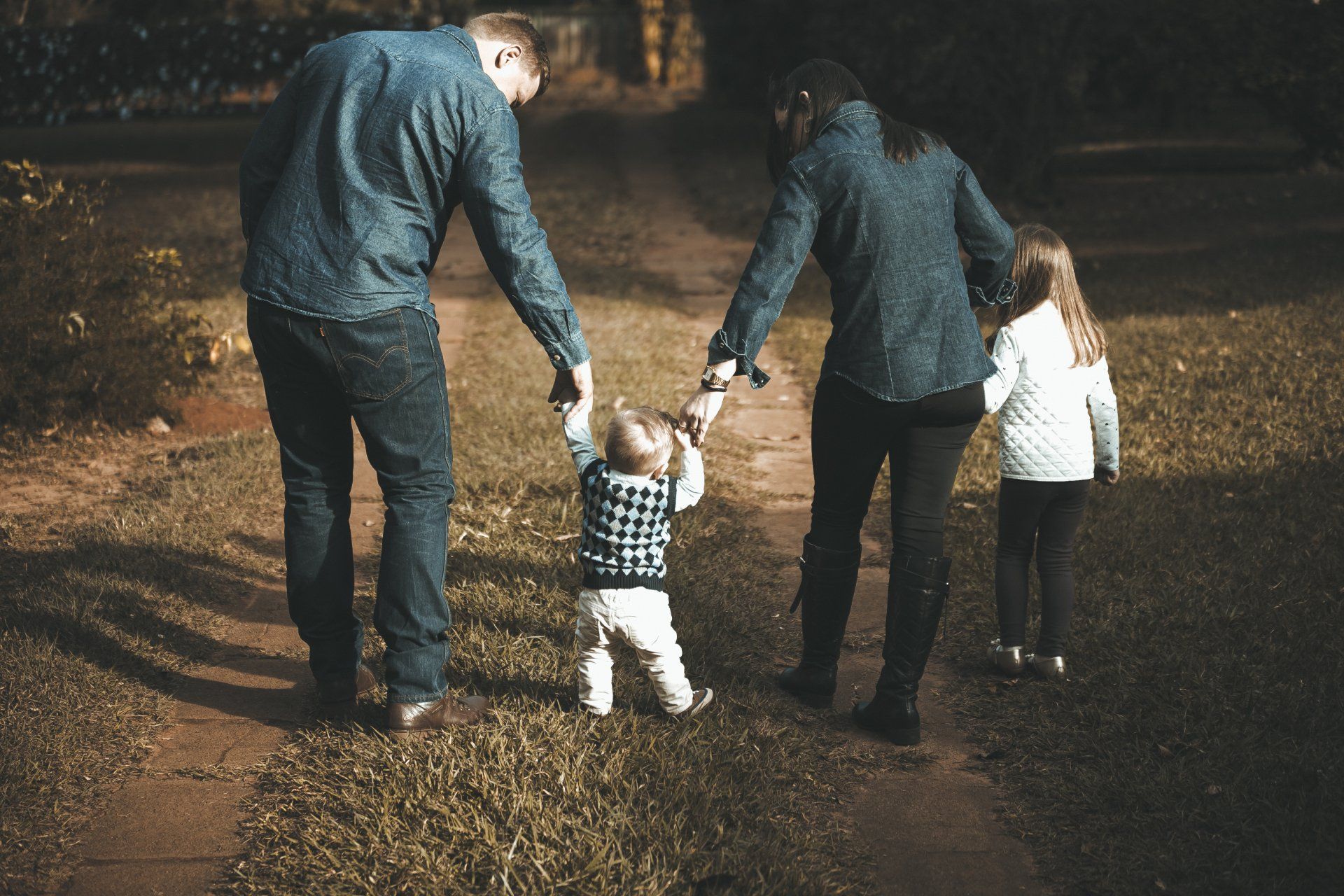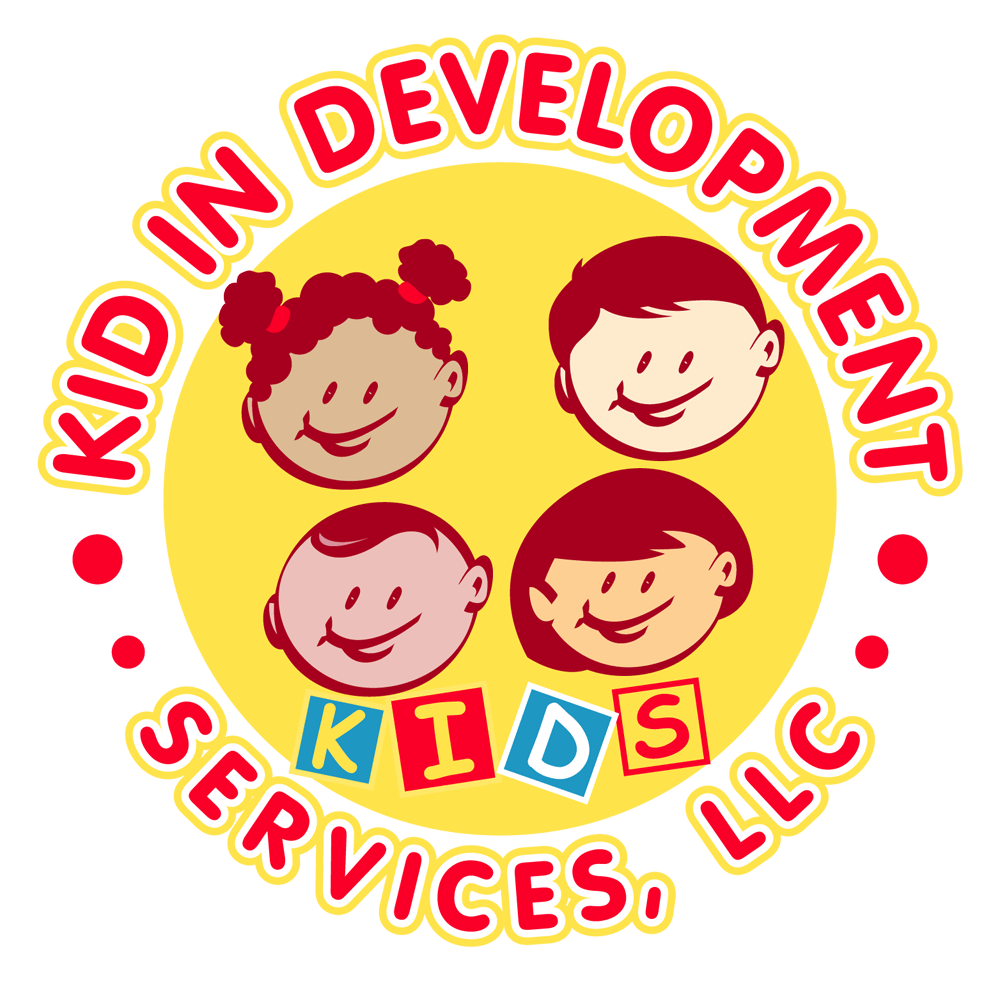Wait! What is Early Intervention?
Wait! What is Early Intervention?

Hello! Welcome back to Kid In Development Services where we are “Helping K.I.D.S. Grow!”
If this is your first time stopping by, my name is Deneen and I’m the director here. I have the BEST job in the world…doing what I love, and that love is early intervention! If you are currently reaping the benefits of early intervention services, you are probably already familiar with what I’m about to talk about. If you are new to our webpage or new to early intervention, I hope this information is helpful. 😊
We hear time and time again from families that they had not heard about early intervention prior to receiving services and even after qualifying for the services, wondered how it worked and if it would truly be helpful Because there is soooooo much to early intervention, this blog will summarize what the service is and how it could benefit you and your family.
So what is early intervention? Let’s start with that! Well simply put, early intervention is a federal program that was established back in 1986. I only remember this because I was about to graduate from college (uhhhh….I think I just dated myself 🙄) and it was a big deal! My professors quickly wrapped it into our coursework and we had to learn everything about it. Now I won’t bore you with the specifics, but just know that this program was established (among a few other reasons, but again, I won’t bore you with that either 😊) to:
Provide support to families (like yours) who felt they needed some assistance meeting their childs’ needs and
Enhance the development of infants and toddlers who needed some extra help or a boost with their development.
So you see? if you are worried about the way your baby is making progress with his growth and/or development or if your pediatrician has expressed some concerns, there is support out here to help you and that’s what we do here at KIDS! 😊
Like I mentioned earlier, early intervention is a federal program….part of a huge law actually! Early intervention is just one part of this huge law.
In a nutshell, the program was created to assist families and provide support to their sweet infants and toddlers facing challenges with their development (for example, not crawling, walking, or talking when they should) or for precious infants and toddlers who have a diagnosis or medically established condition that may affect or slow down their development (I know, I know….that’s a mouthful!)
The early intervention program was designed to help your baby in any or all areas of development:
Receptive language - the way your baby understands what you say and expressive language - vocabulary/what your baby can say
Gross motor - walking, crawling
Fine motor - the way your baby uses his/her hands
You can watch a 2-minute video on the difference between gross and fine motor skills here!
Cognition - a fancy word for the way your baby thinks and solves problems. This is what your infant or toddler is doing when they throw their toy off the highchair over and over again and watch you pick it up repeatedly (😂Hahahaha! Oh how fondly I remember those days! 😂)
Social/emotional - how your baby plays with other children and how they interact with their siblings, you, or other caregivers
Adaptive/self-help - being able to feed themselves or skills like dressing or potty-training
If you need the service, one great part about all of it is that you don’t have to pack your baby up and go anywhere because we come to you! Sweet, right?!?
Research shows that your baby learns best when they’re in an environment that is “usual” or “natural” for them in their home or community, so the law states that early intervention services must take place in your baby’s natural environment as much as possible…..like at home, grandma’s house, or daycare. Let us know if you’d like to learn more about natural environment services and what they look like!
So we come to wherever your baby spends time during the day and we call that a home visit (even though it doesn’t *always* take place in your home). Ok…a little backstory….while learning about early intervention home visits during my senior year of college, I went on the first home visits of my career as a student teacher at the South Carolina School for the Deaf and the Blind (SCSDB). I came full circle and went to work for SCSDB’s early intervention program many years later when I returned to South Carolina! (you can go back to this blog to read all about it 😉).
Alright…back to how this works! When you receive early intervention, you’re always surrounded by the professionals you feel you need the most. The service automatically comes with a Service Coordinator….a professional (that the law requires) who will facilitate the team of other professionals (if they’re necessary). Here at KIDS, we do our best to find out how we can be of the most help to you by asking lots of questions and by always giving you the opportunity to share your concerns (we call this a family assessment). And, of course, we also conduct a thorough assessment of your baby’s skills, too! You are involved every step of the way!! You know your baby best and we can’t do this without you!
Ok, so what are the benefits of early intervention? We like to think there are lots of benefits to early intervention and there’s a lot of research out there that supports this! I won’t bore you with the research today ☺, but I know you’re asking “what can early intervention do for my family?”. Well, here’s the answer!
Early intervention is…
Family-centered – here at KIDS, it’s not just your baby we focus on, so if your family has a need we provide support for that too!
Linkage and connections to other agencies that you might or might not be aware of that can provide additional assistance or support (it’s our job to know what additional services are out here in your community!)
A way to learn about your baby’s development (if you feel you need this type of support) from another qualified professional on your team called a Special Instructor (home visiting coach) who will guide you and provide a detailed view of your baby’s skills and things he/she needs help with.
A way to bring ideas and opportunities for your baby to learn right in the comfort of your own home. Because we understand how busy you are, we will show you how to incorporate these learning opportunities into your everyday activities (mealtimes, bath time, playtime, getting ready for bed, etc.) so it won’t feel like something EXTRA you have to do!
A warm voice and smiling face here at KIDS when you just don’t know where to turn. If you haven’t already, please go and meet my incredible staff here!
As I mentioned in my first blog, early intervention is key for infants and toddlers who may be facing early developmental challenges so if the following thoughts sound familiar,
“He’s not rolling over yet.”
“She’s just pointing and should be using more words by now.”
“My sister’s son is the same age and can do a lot more than she can.”
I encourage you to reach out to your pediatrician to discuss your concerns. If your pediatrician suggests that your baby could use some extra support, they can make a referral to BabyNet OR you can make your own referral to get help.
Just visit the BabyNet (South Carolina’s early intervention system) website to complete your referral online or call their Central Referral Team at 1-866-512-8881. If your baby qualifies, let them know you’d like to work with KIDS! We are working on expanding to other areas and will be in the Orangeburg and Columbia areas real soon! YAY!! My team is ready and can’t wait to meet you!
Talking about laws is never exciting (but early intervention IS exciting!! 😊), so I hope this blog answered any questions you might have had about what we could do for you! If not, please, please, please feel free to send me a message via our website or you can call us at 843.329.6993 anytime!
Have fun playing with your baby today!
Deneen
Additional Resources
Zero to Three
https://www.zerotothree.org/resources/2335-what-you-need-to-know-early-intervention#chapter-1583
CDC (Centers for Disease Control and Prevention)
https://www.cdc.gov/ncbddd/actearly/parents/states.html



